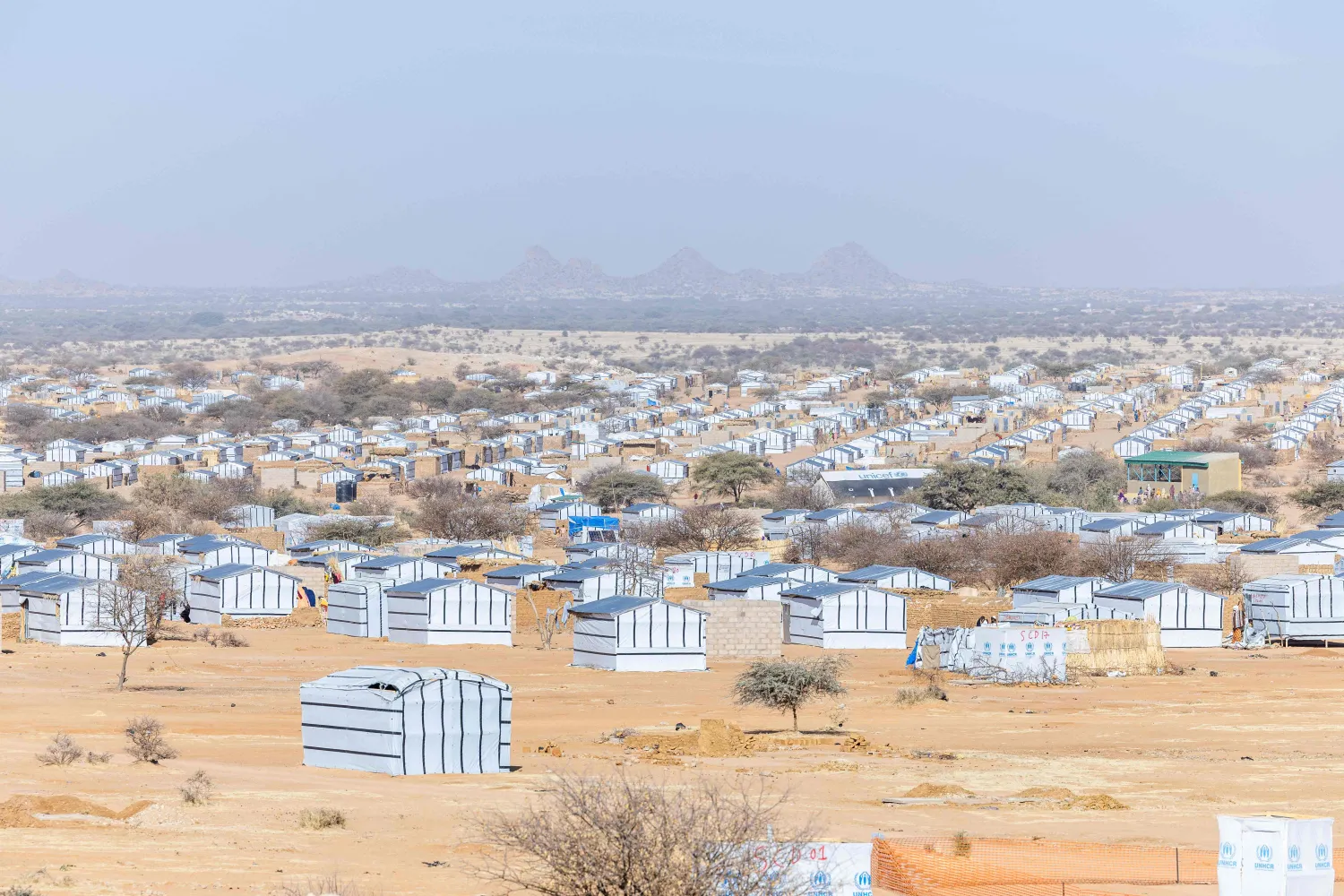Kuwait’s State Security Agency decided to summon former PM Mubarak Al Duwailah and Salafist movement leader Hakim al-Mutairi over leaked records that link them to the late Libyan President Muammar Gaddafi.
Al Duwailah and al-Mutairi are accused of spreading false news and defamation against royalty. They have both been referred to public prosecution. The Amiri Diwan of Kuwait said it will pursue justice from Al Duwailah for the crime of slander against Emir Sheikh Sabah Al Ahmad.
A few days ago, Sheikh Ali Al Jarrah Al Sabah, Minister of Amiri Diwan Affairs, denied statements made by Al Duwailah, in which he claimed that he conveyed to Emir Sheikh Sabah Al Ahmad what happened between him and Qaddafi. Al Jarrah stressed that Al Duwailah’s statements are totally incorrect.
The leaks revealed a plot concocted by Muslim Brotherhood leadership and the former Libyan leader to destabilize security in the Gulf region and other countries, including Iraq and Syria.
According to the audio recordings, Al Duwailah appears talking to Gaddafi about plans to cause unrest in Arab countries, including Saudi Arabia.
Through his account on Twitter, Al Duwailah justified what was said during his meeting with Gaddafi: “During the meeting with Gaddafi, we had to keep up with him while he was talking to reassure him and know what he was planning forward, and frankly, we did not dare oppose him while we were in his tent.”
As for al-Mutairi, who is blacklisted as a terrorist in a list published by Saudi Arabia, the UAE, Bahrain and Egypt in 2017, he appeared to have talked with Gaddafi about spewing chaos and violence in Kuwait, Saudi Arabia and Bahrain.
According to the leaked recording, Gaddafi promised al-Mutairi to work on backing his plots and advised him to exploit the chaos in Iraq and Syria to encourage extremist groups to take on vandalism.









